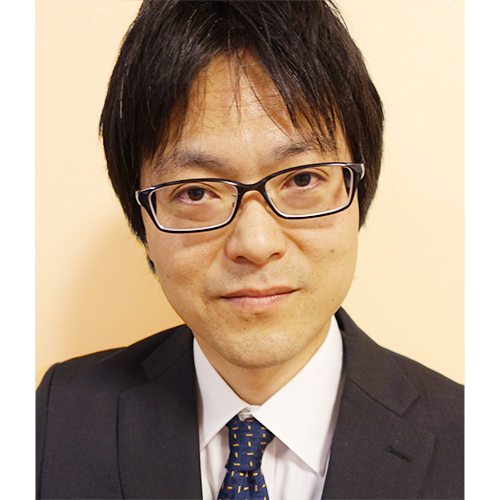
Shohei Shimizu
Associate Investigator
- Position
- Professor, Faculty of Data Science, Shiga University
- Research Field
- Statistical Science
Research Overview
Causal discovery
My research interest lies in the field of statistical causal inference, a methodology for inferring causal relationships from data. In particular, I work on developing methods for causal discovery, in which causal structures are inferred from data obtained from sources other than randomized experiments.
A main purpose of science is to elucidate causal relationships. Researchers use data to compare and test their causal hypotheses, and if the background theory is not sufficient, they use data to search for causal hypotheses. Nowadays, a large variety of data is available and even made to the public. However, these data are often not experimental data.
Although data obtained by randomized experiments are effective for investigating causal relationships, if non-experimental data without interventions can be used to compare, test, and explore causal hypotheses, it allows researchers to elaborate background theory and design future investigations and experiments more efficiently, which helps to elucidate causal relationships.
I aim to contribute to the development of life science through research on methodologies for inferring causal relationships based on gene expression data and data analysis using these methodologies.
Biography
Shohei Shimizu obtained his PhD from Osaka University (2006) and worked at Institute of Statistical Mathematics (2006-2008), Osaka University (2008), Tokyo Institute of Technology (2008) as a postdoc, and at Osaka University as an assistant professor (2009-2013) and an associate professor (2013-2016), and Shiga University as an associate professor (2016-2018). He was appointed Professor in 2018 in the Faculty of Data Science of Shiga University.
Publications
S. Shimizu. Statistical causal discovery: LiNGAM approach. SpringerBriefs in Statistics. Springer Tokyo, 2022.
T. N. Maeda and S. Shimizu. Causal additive models with unobserved variables. In Proceedings of the Thirty-Seventh Conference on Uncertainty in Artificial Intelligence, PMLR 161:97-106, 2021.
T. N. Maeda and S. Shimizu. RCD: Repetitive causal discovery of linear non-Gaussian acyclic models with latent confounders. In Proc. Twenty Third International Conference on Artificial Intelligence and Statistics, PMLR 108:735-745, 2020.
R. Silva and S. Shimizu. Learning instrumental variables with structural and non-Gaussianity assumptions. Journal of Machine Learning Research, 18: 1-49, 2017.
S. Shimizu and K. Bollen. Bayesian estimation of causal direction in acyclic structural equation models with individual-specific confounder variables and non-Gaussian distributions. Journal of Machine Learning Research, 15: 2629-2652, 2014.
S. Shimizu, T. Inazumi, Y. Sogawa, A. Hyvärinen, Y. Kawahara, T. Washio, P. O. Hoyer, and K. Bollen. DirectLiNGAM: A direct method for learning a linear non-Gaussian structural equation model. Journal of Machine Learning Research, 12: 1225-1248, 2011.
S. Shimizu, P. O. Hoyer, A. Hyvärinen, and A. Kerminen. A linear non-Gaussian acyclic model for causal discovery. Journal of Machine Learning Research, 7: 2003–2030, 2006.
Awards
Hayashi Chikio Award (Excellence Award), The Behaviormetric Society (2016)
Joined
Apr. 1, 2020
